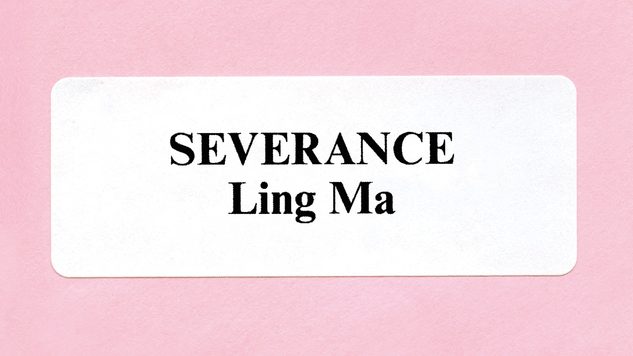The Apocalypse Is Personal in Ling Ma’s Severance

Like so many works of popular fiction, Ling Ma’s debut novel is apocalyptic. Unlike most, Severance realizes that an anomic world offers a better chance to pose questions on an intimate level than a societal one.
Ma’s dystopia is driven by Shen Fever, a pathogenic infection—fungal, a nice tweak of a microscopic detail which bodes well for the book as a whole—which arrives like the vengeance of the developing world. From the outsourced shores to her narrator Candace’s New York home, the fever sweeps across the globe, traveling along the same network of chains which once carried the cheaply produced goods, the curse of commerce made manifest. The victims’ peculiar pathology, wherein they tumble into a repetitive motion—setting the table; reading a book; modeling in a mirror; wandering a mall; a fatal dance with their desires—makes for some of the eeriest deaths since the bloodless victims of The Andromeda Strain.
 What Ma accomplishes with her fever-stricken world is what sets Severance apart. Rather than take the end of days as a chance for the usual pontifications on societal collapse—most seemingly ignorant that we built society from nothing the first time, and we would certainly do it again—Ma uses the disaster trope for interrogation on a scale small enough to lacerate.
What Ma accomplishes with her fever-stricken world is what sets Severance apart. Rather than take the end of days as a chance for the usual pontifications on societal collapse—most seemingly ignorant that we built society from nothing the first time, and we would certainly do it again—Ma uses the disaster trope for interrogation on a scale small enough to lacerate.
-

-

-

-

- Curated Home Page Articles By Test Admin October 21, 2025 | 3:10pm
-

- Curated Home Page Articles By Test Admin October 21, 2025 | 2:57pm
- Urls By Test Admin October 21, 2025 | 2:57pm
- Curated Home Page Articles By Test Admin October 21, 2025 | 2:55pm
-

-

-

-

-

-

-

-

-

-

-

-

-

-

-

-

-

-

-

-

-

-

-

-

-

-

-

-

-

-

-




































